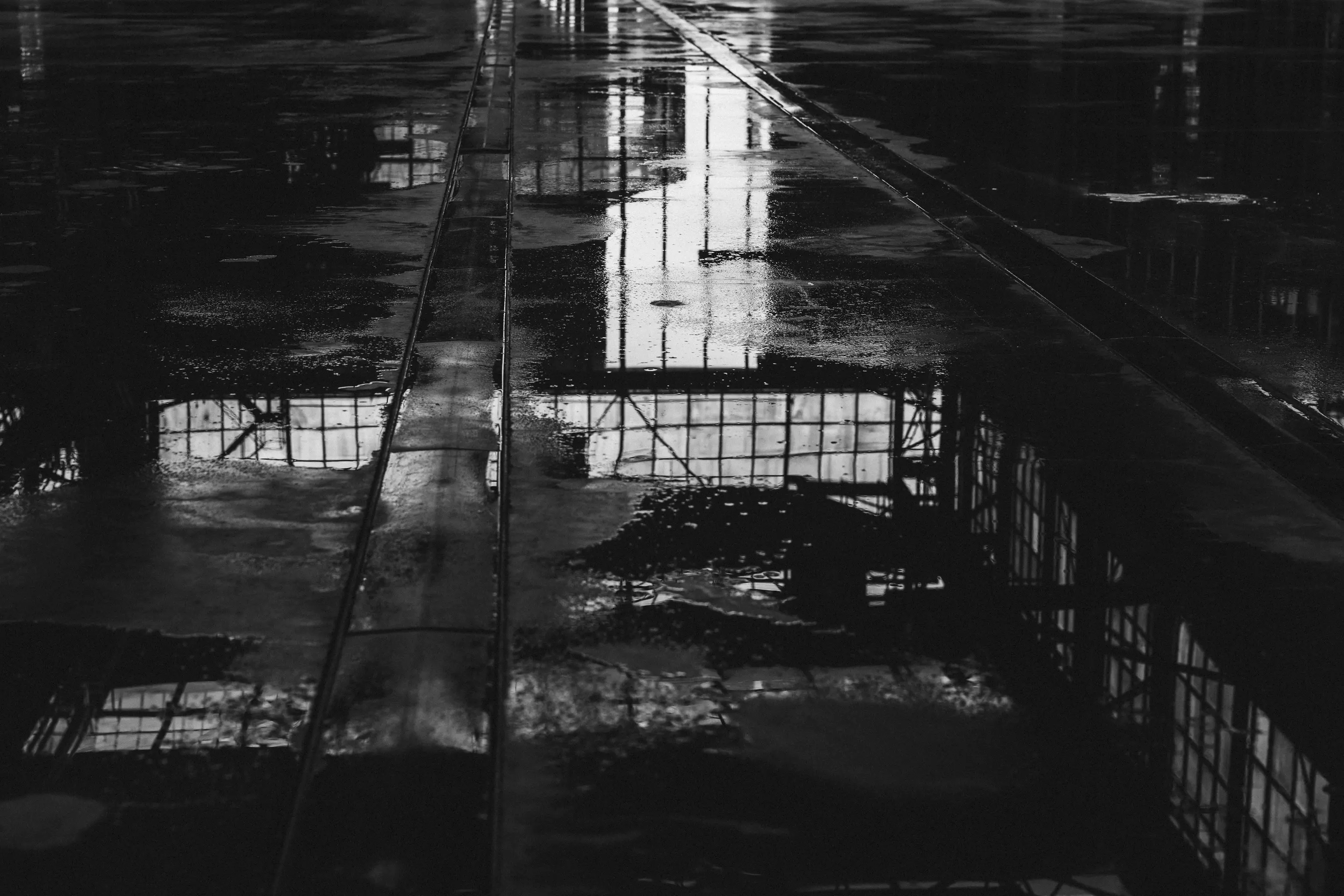In the early nineties, a deviant electronic music subculture emerged across Europe, igniting a phenomenon known as the Freetekno (or ‘Free Tekno’) movement. Among its key hubs is our one and only stadsie Utrecht, where local enthusiasts have played a major role in shaping and sustaining this unique scene.
As is told in the short documentary ‘Freetekno‘, it all began in 1993 when the Hardcore Peace Generation originated in Utrecht for organising illegal raves. But there were more initiatives like this out there, such as the Mononom system, and soon they started to organise Freeparties together. The collaboration went further than that: They began squatting houses together, living together, making music together. Tekno was a lifestyle. And not only for people in Utrecht.
Around the same time, the Spiral Tribe organised illegal warehouse- or outdoor parties in London. Their raves were a direct response to the development of a new law which banned acid house parties – partly to stimulate partying in the tax-paying clubs. But with the police on their case, the Spiral Tribe decided (somewhat by force) to leave the UK and tour Europe with trucks full of equipment. It is on their travels, that they encountered the Utrecht collective, resulting in collaborative ‘Teknivals’ all over Europe. In the documentary, they are tellingly described as ‘a big worldwide family’ that keeps on growing.
It’s all in the name: Freetekno is defined by its freedom and anarchist nature. Illegality is an important part of the identity: Because of this, there is room for improvisation in music, experimentation by inexperienced artists, and a certain transparency in equality. Furthermore, the community pride themselves on their audience, who, in the feeling of a shared responsibility, keep the party sites remarkably clean and safe. It is no surprise that the energy levels are soaring. The illegal raves are fuelled by the excitement of the crowd and organisers, as is not hard to imagine. Watching some clips, this is already noticeable through the screen. There is a distinctive vibe going on there, which feels different from what you see in clubs nowadays. Nobody is trying to be cool, dance cool, or dress cool – people are themselves in a setting that could elicit nothing otherwise.
In 2023, Utrecht’s Le Guess Who? festival paid homage to Freetekno with a dedicated night, bridging the gap between commercial institutions and underground movements. This collaboration, while seemingly paradoxical, echoes the inclusive spirit that defines Freetekno, reminding us that boundaries are meant to be challenged.
But this brings us to a controversial point. In the hour-long interview with 69d of Spiral Tribe, 69d says that there is a huge bias among a section of Freetekno lovers that any association with- or ask for money is per definition bad (that is, commercial) and not in line with Freetekno’s values. As a pioneer of the movement in the UK, he begs to differ. It might sound tedious to watch a 54:27-minute interview situated in the backstage area of a festival, but believe me, it is anything but. Without intending to do so, 69d gave his own TedTalk, which I highly recommend to anyone interested in the electronic music scene. The money issue is just one of his talk points, and he makes a compelling case that organising Freeparties is an expensive hobby, with no reward other than the thrill of the scene and the visible excitement of all attendees. But there is a real downside: Because of the loose structure, ‘the community can’t look after their own’. Meaning that if the police come and confiscate your equipment, you’re basically screwed. Hiring lawyers is expensive and usually doesn’t get much done in these cases. The Freetekno scene is somewhat operating on a high-risk, no-reward principle, and there is an expiration date to that. 69d suggests that events should have an ‘expected donation’ to cover equipment costs, musicians’ fees and, not importantly, lawyer fees, because otherwise the scene will never evolve.
And he has a point. The reluctance to engage with financial support stems from a fear of commercialisation, yet it’s essential to recognise the nuanced differences. Unlike profit-driven clubs, Freetekno seeks only to cover essential costs and foster a culture of mutual support. In essence, asking for donations is not a departure from its values but a testament to its resilience and adaptability. There is no shame in asking for a little financial support from the community. In my opinion, that is what a community is for: to help each other in need without judgement. A universal lesson that never gets old.
Words by Indira Huliselan | 23.04.2024
